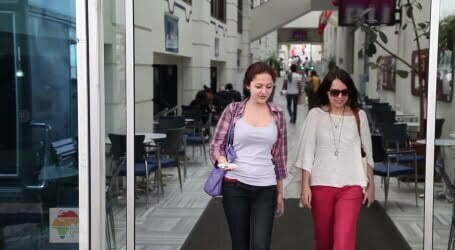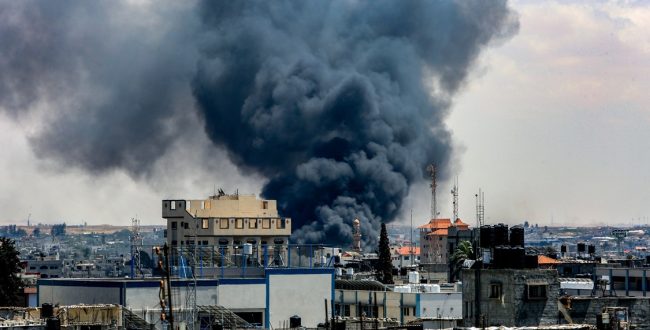It is amazing how fast headlines disappear in the Turkish media and how fast we, the Turkish public, forget and get back to our daily business as if nothing happened. Only a few weeks ago one of the biggest university protest movements emerged against the Prime Minister and the AKP’s authoritarian policies. The media has already put it behind its back, and we are moving on to other things.
On 18 December 2012 Prime Minister Erdoğan visited Turkey’s Science and Technology Research Institute (TUBITAK), located in the country’s most prestigious academic establishment, Ankara’s Middle East Technical University (METU, or ODTU in Turkish), to witness the launch of Turkey’s first-ever domestically produced satellite, Göktürk-2 and to attend the following ceremony. His visit was accompanied by 3600 police officers, 105 protection cars, 20 armored vehicles, and 8 water cannon tanks. This small army attacked a group of peacefully protesting university students with tear gas and water jets, severely wounding two of them. Many others were beaten and taken into custody for investigation either on the spot or from their dorms and houses the following morning.
Mr. Erdoğan’s comments following the event were even more provocative, implying that the students deserved what they received. This was followed by a lynch campaign initiated by him against METU and its students from every possible angle. The university became a target board for government supporters in academia and the media. Yet, supported by thousands of other students and citizens all around Turkey the students of METU replied to the PM and his ruling party by assembling the biggest crowd in decades in METU’s stadium, and standing up silently forming a banner saying “METU is still standing and resisting the AKP”. Outraged by this protest PM Erdoğan retorted by promising to create his own young generation to counter the youth of today’s universities, extending the polarization of the public to another level.
Turkey, which portrays itself as the shining democratic star of the Near East, is rapidly redefining the meaning of democracy. The right to demonstrate, even the right to think, does not seem to be included in this new definition. When it comes to showing off to the outside world, the government makes easy references to the importance of the Syrian regime “listening to the needs and wants of the people and respecting their will”. But time and again it demonstrates its own reluctance to listen to the people’s voice.
This whole event is just one more among many that show how far we are sailing away from the shores of democracy. We are offered a hallucination of democracy under an authoritarian regime. Yes, we have the formal definitions, the table of contents for a democratic state; but the chapters inside are empty. Worse, we do not even have the means to fill those chapters with real content as long as we are stuck on an island of self-censorship, monitored media, and limited flow of information.
















